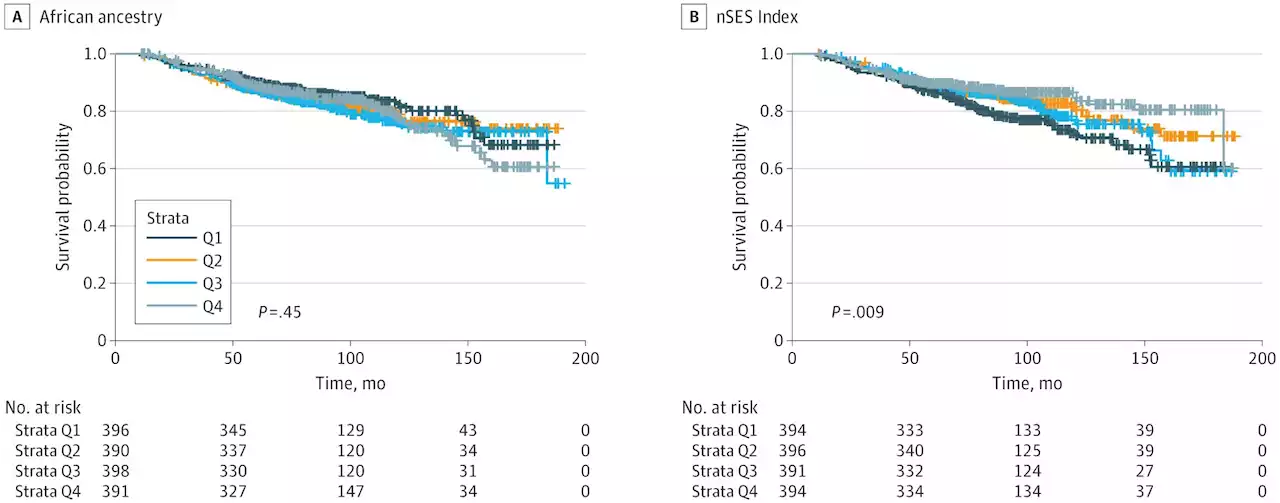University of Toronto researchers have found that cancer cells can enhance tumor growth by hijacking enhancer DNA normally used when tissues and organs are formed.
Reviewed by Danielle Ellis, B.Sc.Sep 29 2023 University of Toronto researchers have found that cancer cells can enhance tumor growth by hijacking enhancer DNA normally used when tissues and organs are formed. The mechanism, called enhancer reprogramming, occurs in bladder, uterine, breast and lung cancer, and could cause these types of tumors to grow faster in patients.
"The genome is like a recipe book written in DNA that gives instructions on making all the parts of the body," says first author Luis Abatti, who obtained his PhD in the Department of Cell & Systems Biology at U of T. "In each organ, only the recipes relevant to that organ should be followed, whether it's the instructions for lung, breast or some other tissue.
The researchers then determined that the enhancer causes increased cancer cell growth because when they removed the enhancer in lab-grown cells, the cancer cells created fewer new tumor colonies.
Australia Latest News, Australia Headlines
Similar News:You can also read news stories similar to this one that we have collected from other news sources.
 Study reveals how DNA damage caused by chromosomal instability increases cancer invasivenessChromosomal instability is a phenomenon characterized by rapid changes in the number and structure of chromosomes during cell division.
Study reveals how DNA damage caused by chromosomal instability increases cancer invasivenessChromosomal instability is a phenomenon characterized by rapid changes in the number and structure of chromosomes during cell division.
Read more »
 Genetic ancestry and social environment may influence how aggressive breast cancer is in Black womenFor Black women, breast cancer is the most commonly diagnosed cancer, and as of 2019 it has surpassed lung cancer as the leading cause of cancer death in this population, according to the American Cancer Society. Additionally, studies have shown a high prevalence of triple-negative breast cancer (TNBC), an aggressive subtype of breast cancer among younger Black women and those of African descent.
Genetic ancestry and social environment may influence how aggressive breast cancer is in Black womenFor Black women, breast cancer is the most commonly diagnosed cancer, and as of 2019 it has surpassed lung cancer as the leading cause of cancer death in this population, according to the American Cancer Society. Additionally, studies have shown a high prevalence of triple-negative breast cancer (TNBC), an aggressive subtype of breast cancer among younger Black women and those of African descent.
Read more »
 Researchers find a cancer enhancer in the genome that drives tumor cell growthUniversity of Toronto (U of T) researchers have found that cancer cells can enhance tumor growth by hijacking enhancer DNA normally used when tissues and organs are formed. The mechanism, called enhancer reprogramming, occurs in bladder, uterine, breast and lung cancer, and could cause these types of tumors to grow faster in patients.
Researchers find a cancer enhancer in the genome that drives tumor cell growthUniversity of Toronto (U of T) researchers have found that cancer cells can enhance tumor growth by hijacking enhancer DNA normally used when tissues and organs are formed. The mechanism, called enhancer reprogramming, occurs in bladder, uterine, breast and lung cancer, and could cause these types of tumors to grow faster in patients.
Read more »
 The silence around vulval cancer means people are missing the signs that they have itMost people have heard of cervical, ovarian, and perhaps womb cancer, but there is one gynecological cancer that is seldom mentioned: vulval cancer.
The silence around vulval cancer means people are missing the signs that they have itMost people have heard of cervical, ovarian, and perhaps womb cancer, but there is one gynecological cancer that is seldom mentioned: vulval cancer.
Read more »
 Isle of Wight: Sea burial DNA tests ordered after body parts wash upBody parts that wash ashore on the Isle of Wight will be checked against new DNA records.
Isle of Wight: Sea burial DNA tests ordered after body parts wash upBody parts that wash ashore on the Isle of Wight will be checked against new DNA records.
Read more »
 DNA breakthrough in hunt for infamous cheese wire murder of Aberdeen taxi driverGeorge Murdoch was murdered in Aberdeen on September 29 in Aberdeen and the case remains unsolved.
DNA breakthrough in hunt for infamous cheese wire murder of Aberdeen taxi driverGeorge Murdoch was murdered in Aberdeen on September 29 in Aberdeen and the case remains unsolved.
Read more »
